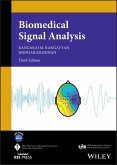
eBook, ePUB
23. Juni 2021
Elsevier Science & Techn.
Broschiertes Buch
Applications in Multimedia and Biomedical Signal Classification
30. August 2011
LAP Lambert Academic Publishing
Ähnliche Artikel
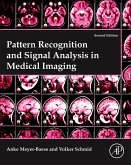
eBook, ePUB
21. März 2014
Elsevier Science & Techn.
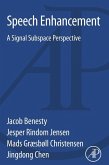
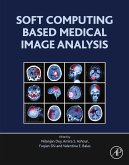
eBook, ePUB
18. Januar 2018
Elsevier Science & Techn.
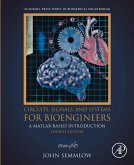
eBook, ePUB
19. Juli 2024
Elsevier Science & Techn.
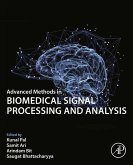
eBook, ePUB
7. September 2022
Elsevier Science & Techn.

eBook, ePUB
20. Mai 2023
Elsevier Science & Techn.
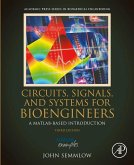
eBook, ePUB
7. Dezember 2017
Elsevier Science & Techn.
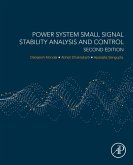
eBook, ePUB
20. Februar 2020
Elsevier Science & Techn.
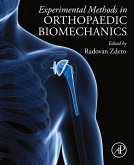
eBook, ePUB
14. Oktober 2016
Elsevier Science & Techn.
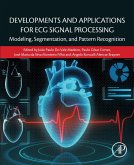
eBook, ePUB
29. November 2018
Elsevier Science & Techn.
Ähnlichkeitssuche: Fact®Finder von OMIKRON

